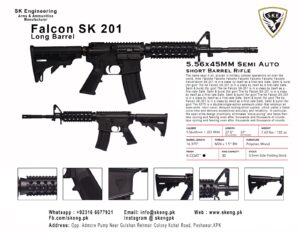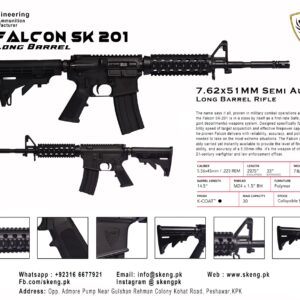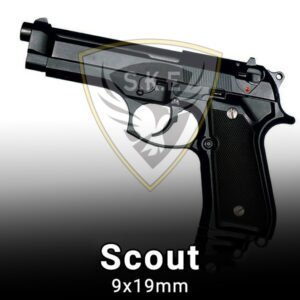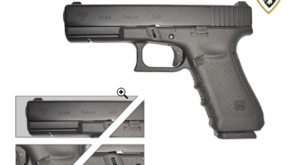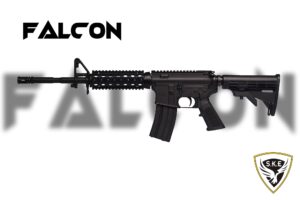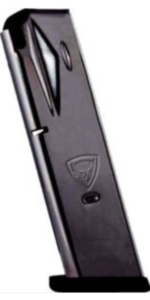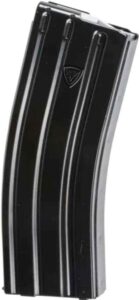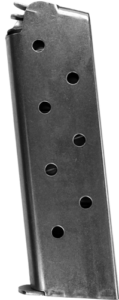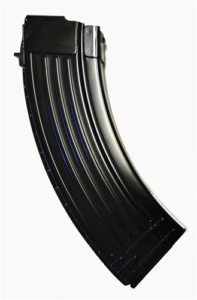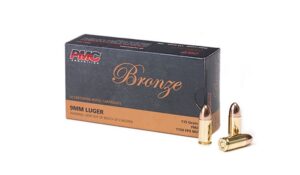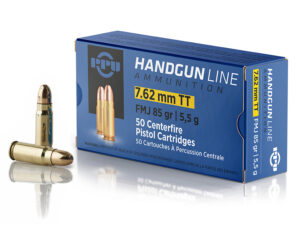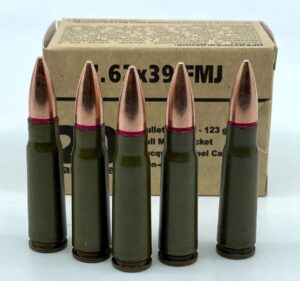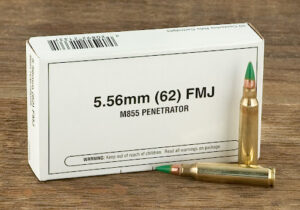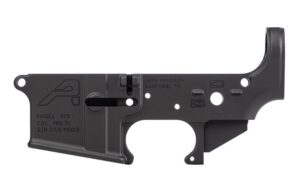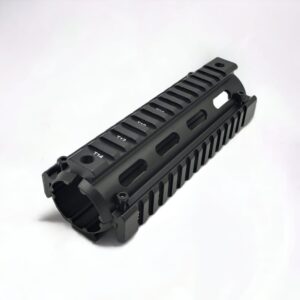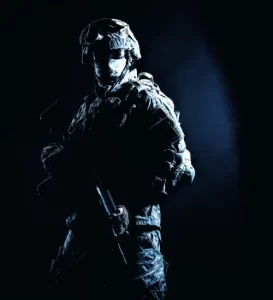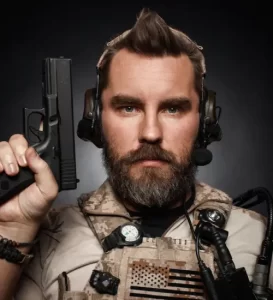Unveiling the Arsenal: Exploring Weapons in Quetta
Weapons In Quetta, the capital of Balochistan province in Pakistan, holds a rich tapestry of history, culture, and unfortunately, a complex narrative surrounding weapons. In the heart of this city, where tradition meets modernity, the discussion around weapons intertwines with socio-political dynamics, security concerns, and cultural practices. This exploration delves into the multifaceted landscape of weapons in Quetta, shedding light on their presence, significance, and the broader implications they entail.
Understanding the Context:
To comprehend the role of weapons in Quetta, one must navigate through the intricate layers of its context. Situated in a region marked by geopolitical tensions, Quetta has been a focal point for various stakeholders, ranging from government authorities to insurgent groups. This volatile backdrop has contributed to a proliferation of weapons, both licensed and illicit, shaping the socio-economic fabric and security landscape of the city.
The Dynamics of Weapons:
Weapons in Quetta are not merely instruments of defense or aggression; they symbolize power, protection, and, in some cases, resistance. From traditional firearms passed down through generations to sophisticated arms smuggled across borders, the spectrum of weaponry reflects the diverse interests and aspirations of its wielders. Whether wielded by law enforcement agencies, tribal leaders, or militants, each weapon tells a story of its own, echoing the complexities of Quetta’s reality.
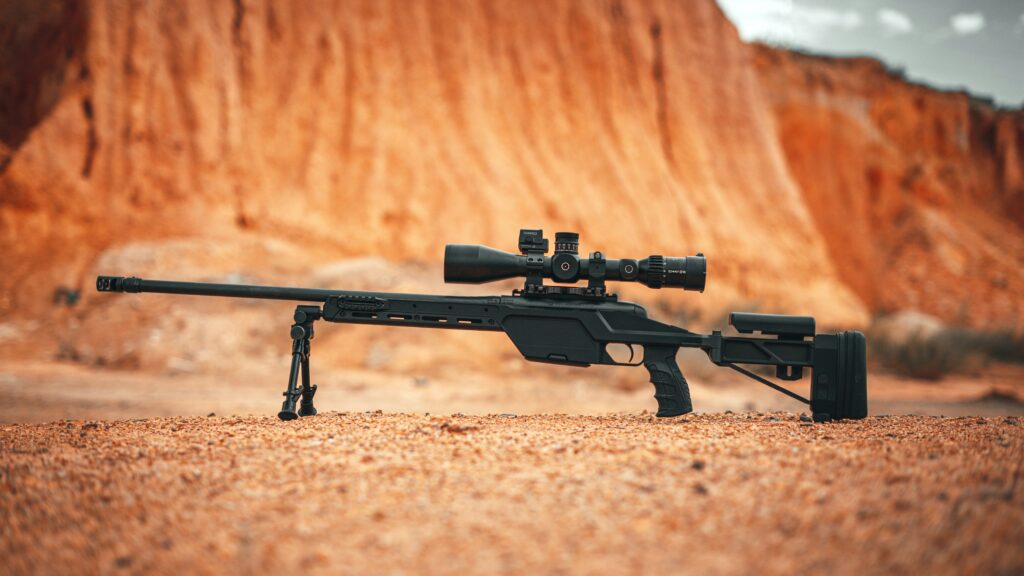
Legal Framework and Challenges:
While regulations exist governing the possession and use of weapons in Pakistan, enforcement remains a significant challenge in Quetta. The porous borders with neighboring countries facilitate the inflow of arms, exacerbating security concerns and contributing to a thriving black market. Moreover, socio-economic disparities and political instability create fertile ground for the illicit trade of weapons, perpetuating a cycle of violence and insecurity.
Cultural Significance:
In Baloch culture, weapons hold profound symbolic value, embodying notions of honor, bravery, and identity. From the ornate daggers adorning traditional attire to the ceremonial swords wielded during tribal gatherings, these artifacts serve as a tangible link to the past, preserving a heritage deeply intertwined with martial traditions. However, amidst the reverence for these symbols, there exists a need to reconcile cultural pride with the realities of contemporary challenges posed by weapons.
Security Implications:
The proliferation of weapons in Quetta has far-reaching implications for security, both locally and regionally. The presence of armed groups, fueled by ideological, ethnic, or sectarian motivations, poses a constant threat to stability and peace. Furthermore, the nexus between weapons trafficking and organized crime compounds the challenges faced by law enforcement agencies, necessitating a comprehensive approach to address root causes and mitigate risks.
Community Perspectives:
Within Quetta’s diverse communities, attitudes towards weapons vary, reflecting nuanced perceptions shaped by personal experiences and collective histories. While some view firearms as essential tools for self-defense in an uncertain environment, others advocate for disarmament initiatives to promote peace and development. Bridging these divergent perspectives requires fostering dialogue, building trust, and addressing underlying grievances that fuel the cycle of violence.
Towards Solutions:
Addressing the complex issue of weapons in Quetta demands a multifaceted approach encompassing legislative reforms, law enforcement efforts, socio-economic development, and community engagement. Strengthening border security, enhancing intelligence-gathering capabilities, and promoting arms control measures are crucial steps towards curbing the illicit proliferation of weapons. Additionally, investing in education, vocational training, and conflict resolution initiatives can empower communities to break free from cycles of violence and build a peaceful future.
Conclusion:
In the labyrinthine alleys of Quetta, the discourse surrounding weapons transcends mere material objects; it encapsulates narratives of resilience, identity, and aspiration. As stakeholders navigate the complexities of this landscape, it is imperative to recognize the intersecting layers of history, culture, and politics that shape perceptions and realities. By fostering collaboration, dialogue, and sustainable solutions, Quetta can chart a path towards peace and prosperity, where weapons no longer dictate the narrative but become relics of a bygone era.
-
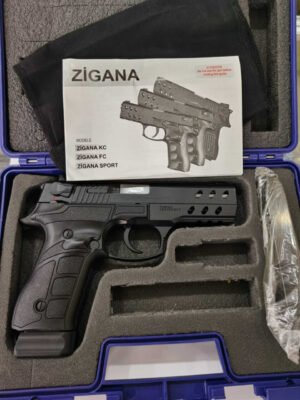
zigana original 9mm pistol price in pakistan
Read more -
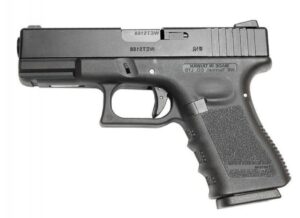
SK 19 Pistol
Read more -
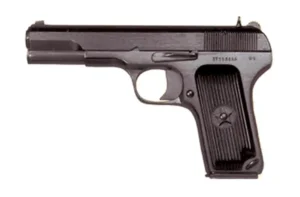
S.K Phantom 30
Read more -
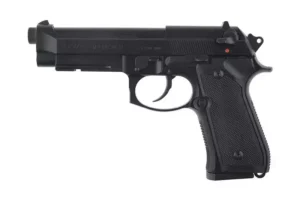
S.K Scout 9×19
Rated 3.50 out of 5Read more -

S.K PRISM 9X19
Read more -
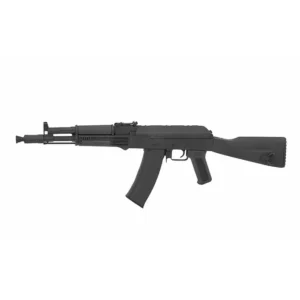
S.K Eagle 223
Read more -
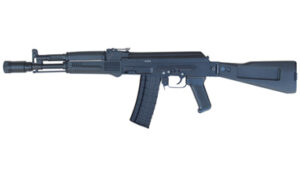
S.K EAGLE 7.62×51
Read more -

S.K Eagle 7.62×51 COMPACT
Read more -

S.K EAGLE 7.62×51
Read more -
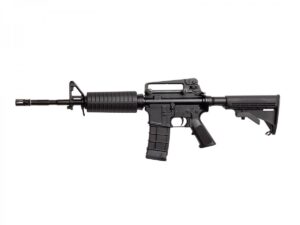
S.K FALCON 5.56×45
Read more -
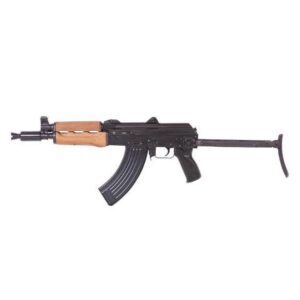
S.K.E Al-Badr 762V3 Compact
Read more -
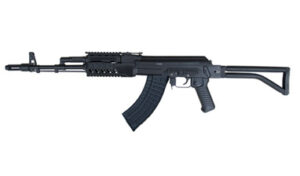
S.K.E Al-Badr 762V1
Read more -
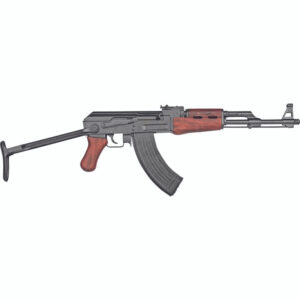
S.K.E Al-Badr 762V2
Read more -

MAG SK 9X19 V1
Read more -
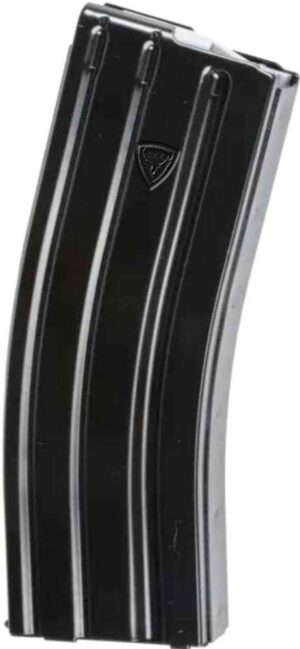
MAG SK 5.56X45
Read more -
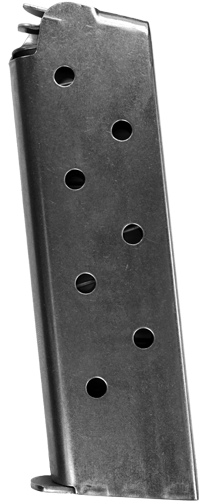
MAG SK 30
Read more

